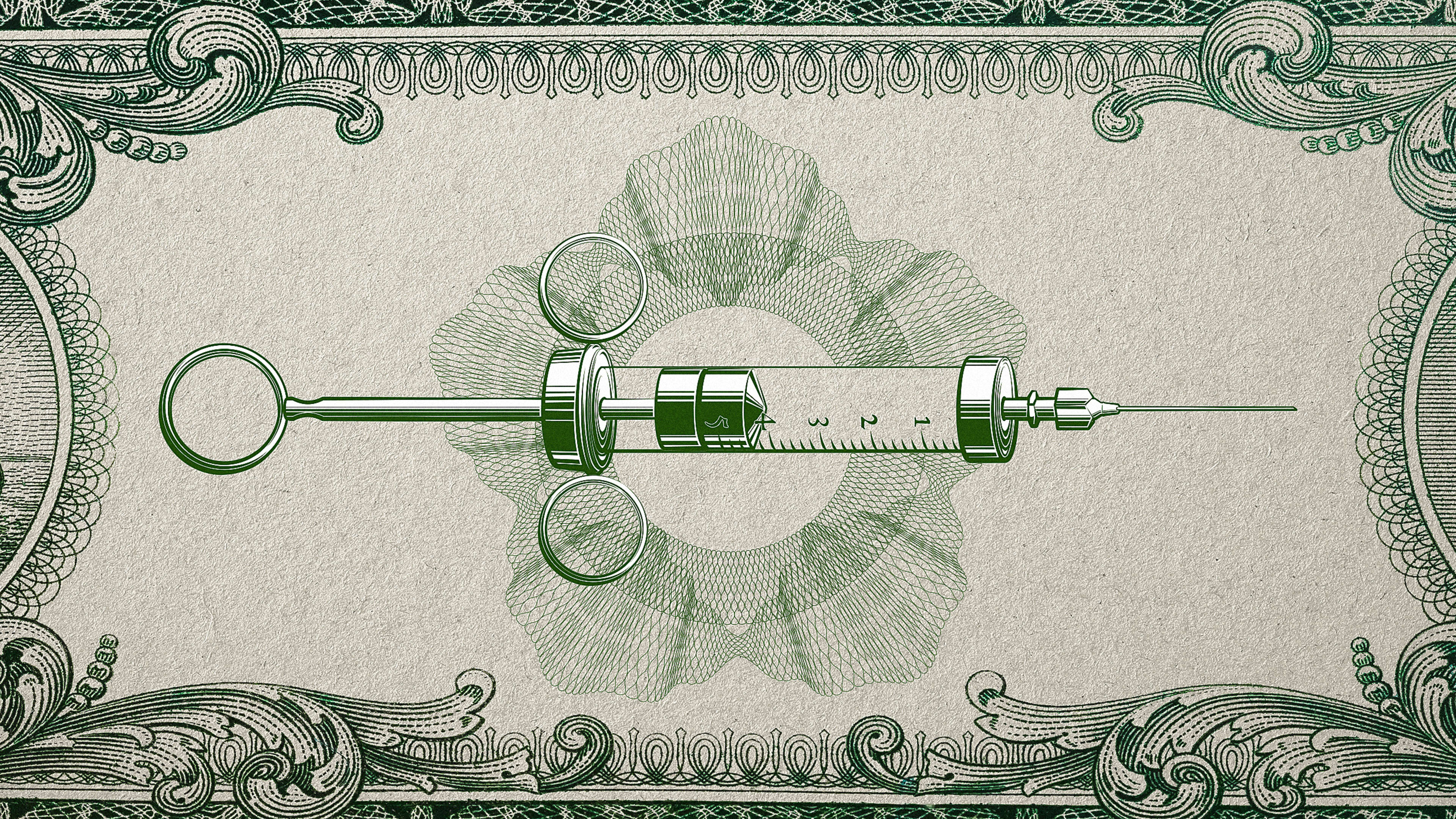When a COVID-19 vaccine is ready—assuming that one or more of the vaccines now in testing is successful—the next challenge will be whether people are willing to take it. In one recent Pew survey, nearly half of Americans said that they would probably or definitely refuse a vaccine if it was available now. That’s bad for everyone else: By some estimates, up to 82% of the global population will need the vaccine to effectively stop the spread of the virus.
Maybe the answer is to pay people to get the shot. In a new op-ed in the Journal of Medical Ethics, an ethics professor at the University of Oxford, Julian Savulescu, argues that payment may be the best option for governments to incentivize enough people to be immunized quickly. “In a pandemic, time is lives,” he writes. “If it takes a year to reach herd immunity, that could be thousands or tens of thousands of lives in one country.”
In some cases, he says, it makes sense to make vaccines mandatory. For that to be the case, there needs to be a severe threat to public health. The vaccine needs to be proven to work and be safe. Mandatory vaccination needs to come out ahead of other alternatives in a cost-benefit analysis. The level of coercion also needs to be proportionate. In the case of a COVID-19 vaccine, the threat to public health is fairly obvious. More than 1 million people have died. But any vaccine approved in the coming weeks or months will have moved faster through development and testing than any vaccine before in history; it’s possible that some side effects might take time to show up. And any vaccine carries some amount of risk, even if small.
Savulescu argues that payment for taking a vaccine is more ethical than making it mandatory—and many people, especially in a country such as the U.S., are likely to resist the idea of mandatory vaccination. As long as people are adequately informed about the risks, then they can make the choice to take them.
Getting paid might help convince those who are at low risk, such as people who have already been infected, or young people who are less likely to get seriously ill. “Another way of looking at this is that those at low risk are being asked to do a job which entails some risk,” he writes. “So they should be paid for the risk they are taking for the sake of providing a public good. And although it may be unlikely to influence so-called ‘anti-vaxxers,’ it may influence a good portion of the 60% of American adults who responded that they would either delay vaccination or didn’t know about vaccination in a March 2020 poll.” The incentives could potentially take other forms than cash, such as allowing someone who can prove they’ve been vaccinated to travel to certain locations.
Paying cash for vaccination could also be much cheaper than the alternative for governments, he says. In the U.K., the government has spent around 60 billion pounds on furloughs, and the economic shutdown has cost billions more. “It would make economic sense to pay people quite a lot to incentivize them to vaccinate quick—which for example would speed up their full return to work.”
Recognize your brand’s excellence by applying to this year’s Brands That Matter Awards before the early-rate deadline, May 3.
